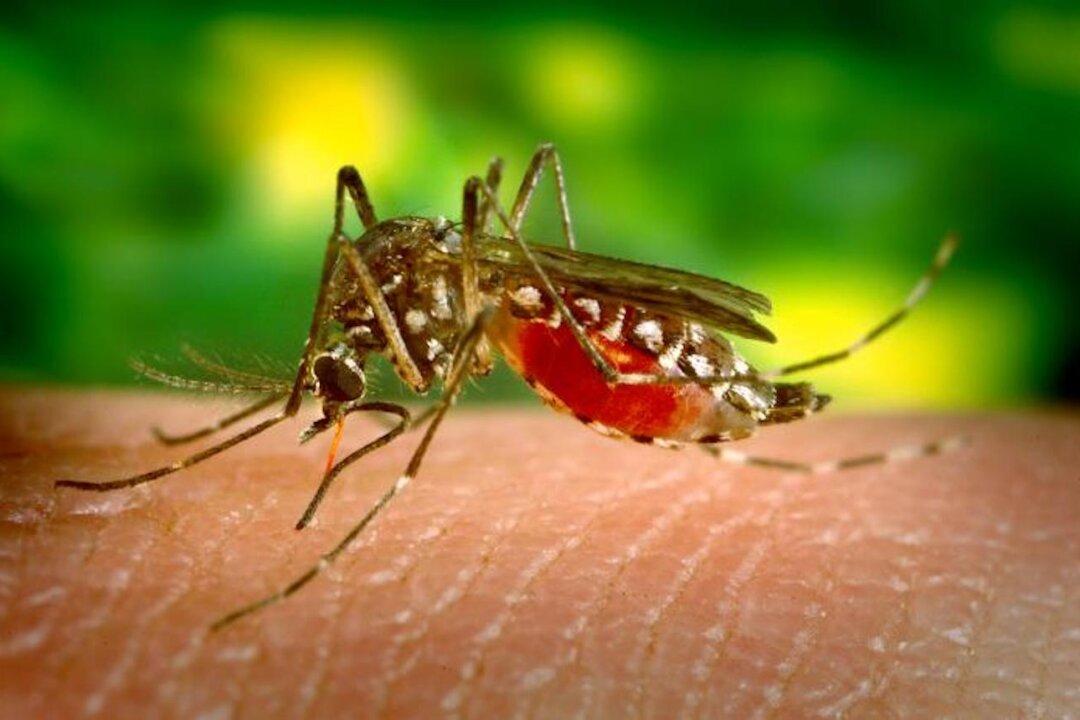A dengue fever alert has been issued in the Florida Keys after the mosquito-borne illness was detected in two people, according to Florida Department of Health officials in Monroe County.
The alert, issued on June 29, stated that the cases were locally acquired, not travel-related, but did not provide further details.





